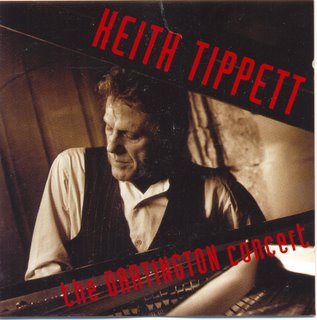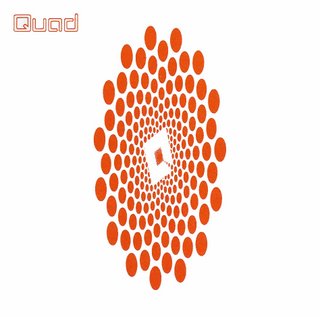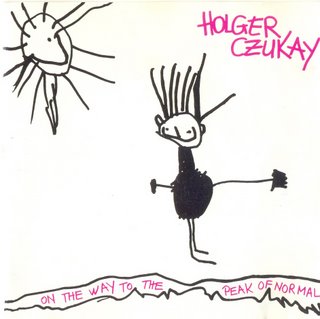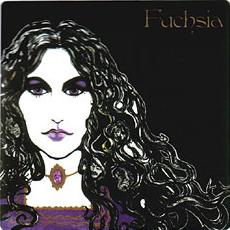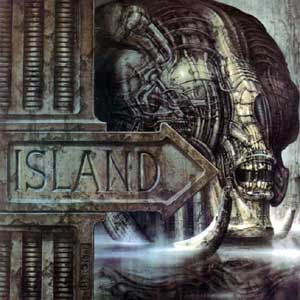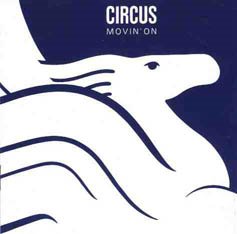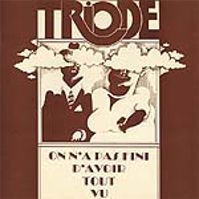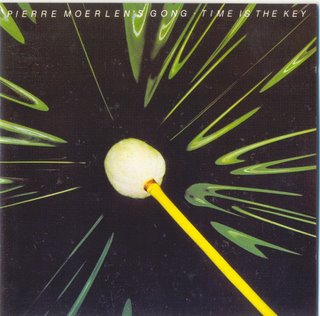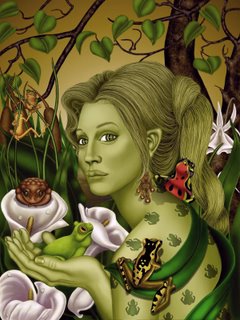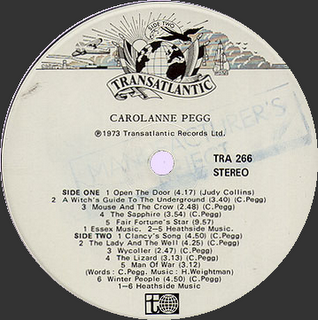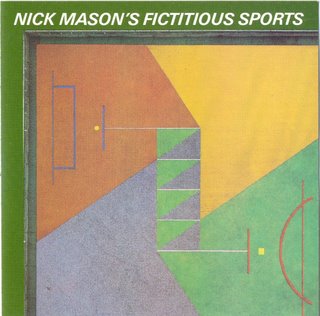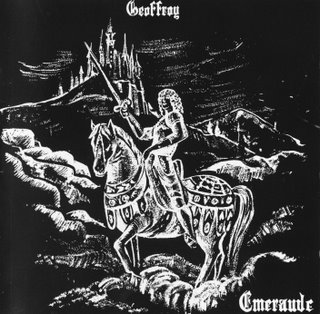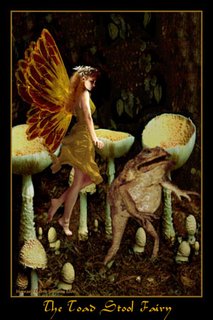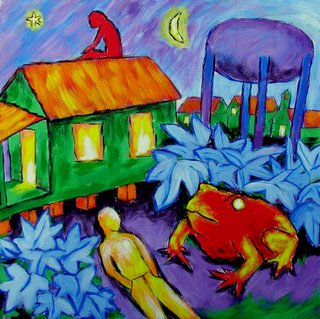 Well, the subject of this week is love. Why Not? Love and music have been connected for centuries. According to some scholars the idea of romantic love in the western world was created during the middle ages inside the poetic frame of wandering trovadours. Before that, couples were “constructed” by alliances based on convenience or simply by availability. The deep emotional bonding that happens between a man and woman, became the subject sung by trovadours and was made legend by raconteurs around the XII century…
Well, the subject of this week is love. Why Not? Love and music have been connected for centuries. According to some scholars the idea of romantic love in the western world was created during the middle ages inside the poetic frame of wandering trovadours. Before that, couples were “constructed” by alliances based on convenience or simply by availability. The deep emotional bonding that happens between a man and woman, became the subject sung by trovadours and was made legend by raconteurs around the XII century…I am not so sure if that is true, but if minstrels invented love as we know it, then the history of love is also the history of music.
Anyway, we all know that love has many sides. The bright side of it, is possibly the deepest emotional experience a human being can have. Is you ask around you’ll find that for most people, happiness seems unreachable without true love. On the other hand love can be cruel, the loved person can be stolen, lost or horribly simple, that loved person might not love us back.
The romantics took love to its next level. During the secons half of XVIII Century, Johann Wolfgang Von Goethe invented Death by Love, in his novelette “Werther” and with that he also conceived Heart Breaking. We suspect that he also invented blues that same day but I have been unable to prove it.
Anyway, love has inspired artists for centuries. We are surrounded by all kinds of love stories. Some heroic, some sad, some fantastic, some tragic.
Since then History of Love has also been the History of Aching, Despair.
No other feeling can be so sublime or so harmful.
This show compiles some love songs that aim to please the most demanding ears… and hearts.
Our companions in this dangerous adventures will be Peter Hammill, Nick Cave, Craig Armstrong, Swans and some others. Be ready for a few surprises.
That’s all I wanted to write about today’s show.
May your love life be happy.
If it is not, well get deep into this show. I guarantee that after listening to it you will feel a heavier heart pounding inside your chest. Tears will follow. Enjoy being alive and,
Keep Listening…!!!
Image:
"Tote Frog Night" contemporary figurative painting by Joe Moorman at Riverson Fine Art

